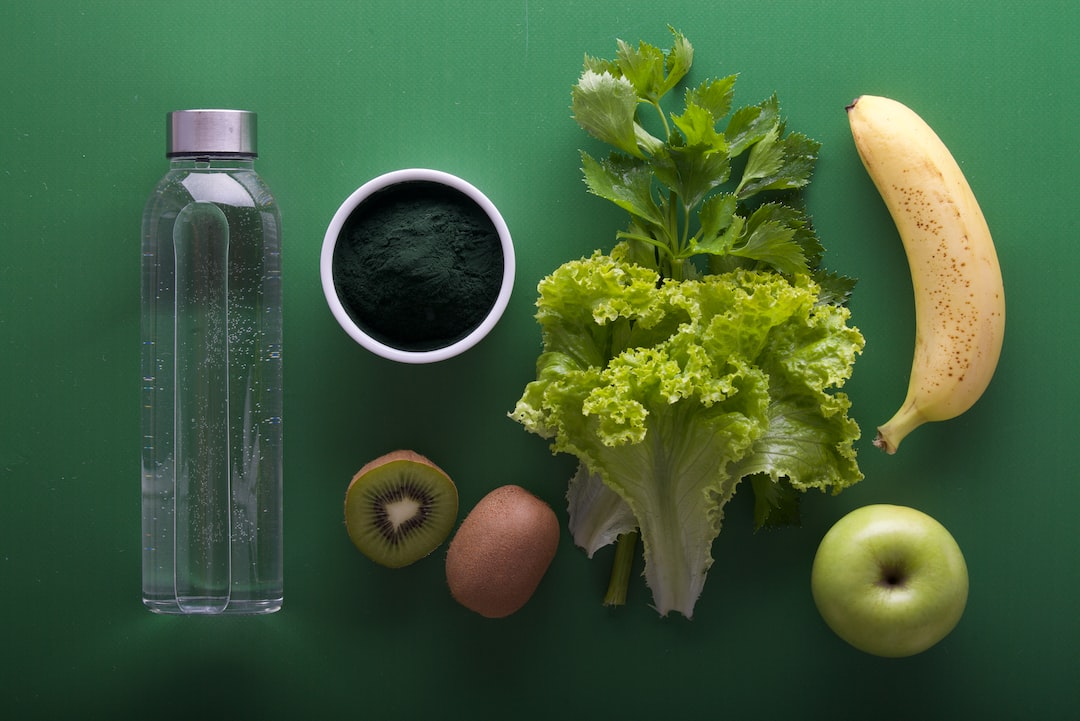Tips for maintaining healthy relationships and improving your emotional well-being
In today’s fast-paced and often stressful world, it is essential to prioritize maintaining healthy relationships and taking care of your emotional well-being. Strong bonds with loved ones and a positive mindset are key ingredients for a fulfilled and happy life. Here are some valuable tips to help you nurture your relationships and enhance your emotional well-being.
1. Effective communication: Communication lies at the heart of any healthy relationship. Ensure open, honest, and respectful conversations with your loved ones. Listen actively, showing genuine interest in their perspective. Choose your words carefully and avoid criticism or defensiveness. Constructive communication fosters understanding, promotes empathy, and prevents misunderstandings.
2. Practice empathy: Empathy is the ability to understand and share someone else’s feelings. Put yourself in the other person’s shoes and try to see the situation from their perspective. This helps in building trust, resolving conflicts, and deepening connections. Empathy strengthens relationships by showing that you truly care about the emotions and experiences of others.
3. Set boundaries: A crucial aspect of maintaining healthy relationships is respecting personal boundaries. Clearly communicate your limits and expectations with your loved ones, and encourage them to do the same. Boundaries help create a sense of safety, mutual respect, and prevent feelings of being overwhelmed or taken advantage of. Remember that healthy boundaries ultimately lead to healthier relationships.
4. Cultivate gratitude: Gratitude has a profound impact on our emotional well-being and relationships. Take a moment each day to reflect on the things you are grateful for in your relationships. Expressing appreciation, whether through verbal affirmation or small gestures, strengthens connections and fosters a positive mindset. Gratitude enhances your overall sense of satisfaction and promotes kindness and understanding in your relationships.
5. Self-care: Prioritizing self-care is a vital component of maintaining healthy relationships and ensuring emotional well-being. Take time out for activities that recharge you and bring joy and fulfillment into your life. Whether it’s practicing mindfulness, engaging in hobbies, or spending time with loved ones, self-care enables you to show up as your best self in relationships.
6. Manage conflict effectively: Conflict is a natural part of any relationship. However, it is how we handle conflicts that determines the impact on our emotional well-being and relationships. When conflicts arise, try to approach them with a problem-solving mindset, rather than placing blame. Focus on finding mutually beneficial solutions and seek compromise. Effective conflict resolution strengthens relationships and promotes emotional well-being for all parties involved.
7. Nurture your support system: Surrounding yourself with a strong support system is crucial for your emotional well-being. Foster relationships with individuals who uplift, inspire, and support you. Seek out friends, family members, or mentors who provide a safe space to share your feelings and can offer advice or guidance when needed. A supportive network enhances your emotional resilience and provides comfort in times of need.
8. Practice self-reflection: Regular self-reflection is essential for personal growth and improving emotional well-being. Take time to examine your thoughts, feelings, and behaviors. Assess the impact they may have on your relationships. Recognize patterns that may be detrimental and make a conscious effort to change them. Self-reflection fosters self-awareness, allowing you to better understand yourself and contribute positively to your relationships.
Maintaining healthy relationships and improving emotional well-being is an ongoing process that requires continuous effort and dedication. By implementing these tips into your daily life, you can strengthen your connections with loved ones, enhance your overall well-being, and cultivate a more fulfilling life. Remember, it’s never too late to start prioritizing your relationships and emotional health.

